By Marsha Owoicho
The resumption of the National Assembly last week and the appointments of principal officers signaled the stage for the next major item on the political calendar in the new federal administration: naming the cabinet.
The Presidency in a rather surprising move last week released a statement to say that the ministers list was not ready and was only known to the President. This was in response to a rash of reports in the last two weeks which have pointedly named names and gave the impression that the list was ready. Indeed, it was expected to be presented last week after the National Assembly resumed.
In making the announcement, the president’s Special Adviser on Communication, Strategy and Special Duties, Mr Dele Alake, said: “About the ministerial list, the simple truth is that, you know, this is an executive presidency, we’re not running a parliamentary system. So the president, the buck stops on his table, and he decides when it is fit and proper for him to make his cabinet list public.
“So, we are not unaware of all the speculations, and innuendos and rumours, all kinds of things in the media. Now, I as a media man, I chuckled to myself that people just want to sell, so they just fabricate. I can tell you all of those things you’ve been reading in the media are mere fabrications. There is no iota of truth in all of those things. When the president is good and ready, you will be the first to know about his intentions.”
For some people, it is a surprise that President Bola Ahmed Tinubu is taking so long to for a cabinet, especially since Alake himself had said that the president will be ready with his ministerial nominations no more than a month after he wins the election. It is over four months since he was declared president elect on March 1st and about seven weeks since he was sworn into office on May 29th. So why is Tinubu not ready with the list?
Presidency sources insist that the list is indeed ready and will be presented to the National Assembly this week. According to a source in the know, the reason Alake came out with his statement denying the names already known is because of the politics and tension within the ruling All Progressives Congress, APC. According to the source: “Some of the reports have caused problems for the president and his relationship with key stakeholders who accuse him of not carrying them along. For instance, the report that Asiwaju (President Tinubu) has settled for Rabiu Kwankwaso instead of Dr Abdullahi Ganduje who worked very hard for his victory has not gone down well with certain interests, so the Presidency has to deny all those reports to give the president time to settle frayed nerves.”
Indeed some weeks back, before the president’s inauguration, a leaked tape of a conversation between Ganduje and Alhaji Masari, who was VP placeholder for the APC, had surfaced where Ganduje was heard complaining that Tinubu had abandoned him. This came just after Tinubu met with Kwankwaso in Paris amid reports that Kwankwaso was offered a ministerial position to win his support. Kwankwaso was Ganduje’s predecessor as Governor of Kano State but both men have been at daggers drawn despite the fact that they have a long political history together with Ganduje serving as Deputy Governor to Kwankwaso twice. Kwankwaso showed his strength when his New Nigeria Political Party (NNPP) beat APC in the last general elections, including reclaiming the governorship from the APC. The all-out confrontation between the new Kano Governor, Abba Yusuf, and Ganduje has further polarised the state and created a selection problem for Tinubu. It is believed that any rapprochement that would see Kwankwaso get the ministerial ticket must involve a reprieve for Ganduje.
Those familiar with the selection process of the ministerial nominees say the president is looking at three factors in making his selection. These are competence, political base, and his 2027 second term permutations. Indeed, the political support base and second term permutations are the deciders for many of the positions because Tinubu believes that he may not have a smooth sailing with his conservative northern backers next time on account of the liberal progressive policies he intends to pursue. It is in this light that immediate past Governor of Rivers State Nyesom Wike features prominently.
The president, adept at political power play, will borrow from President Obasanjo’s playbook in this regard. When Obasanjo was elected in 1999 he rode on overwhelming northern support but four years later when the northern opposition arose he lost most the conservative states to Buhari and was only saved by the deal he had with southwest governors, Tinubu inclusive, many of whom ultimately sacrificed their ambitions for Obasanjo’s victory. This need for a strong southern alliance, the sources say, is why Tinubu has been playing host to political heavyweights from the southeast and south south lately. Among them, former Governor James Ibori of Delta State, former Senate President and SGF Pius Anyim and former PDP Publicity Secretary Olisa Metuh have visited. Both men said they visited Tinubu to congratulate him and lend support for his reforms.
In allocating positions, Tinubu will most likely give technical ministries that need more level of sophistication to professionals such as the Finance ministry. He may hold the Petroleum ministry, following in the tradition of Buhari or farm it out to a trusted ally.
While the president has the final say on what names will Ultimately be sent to the Senate, initial drafts indicate that some key political gladiators are in.
These include Senator Tokunbo Abiru representing Lagos East, former Osun State Governor Gboyega Oyetola, Chief Festus Keyamo, Senator Aisha Binani, former Governor Nyesom Wike, APC National Women Leader Betta Edu and Ibrahim Masari.
Expectations that former minister Raji Fashola will make the cabinet are very low because he does not feature on any of the discussions, having declared that he wants to rest after a hectic time of many successive years in office, first as Chief of Staff to then Governor Bola Tinubu, then Governor and later Minister for Works. The same is almost said of immediate past governor of Kaduna State, Nasir El Rufai, who says he does not want a position but who may likely play a role. Sources however say that Tinubu is looking to appoint a nominee of El Rufai and not the man himself. The dilemma for the president is meeting the demands of some of his key backers who are looking for appointments into influential ministries.
One person whose position in the administration is not yet clear is that of Mr Wale Edun, the president’s Special Adviser on Monetary Policy. Edun was widely expected to head the Finance ministry and there are indications that he will not be posted there, nor will he be in the cabinet. The pointer is the portfolio he holds in the presidency now, that of advising on Monetary Policy. Edun is expected to be nominated as Governor of the Central Bank of Nigeria.
It is not clear also if the Tinubu administration will retain the ministries as run by the Buhari administration or if he will create new ones or rejig the existing ones. He will however have junior Ministers, a source said, because of the exigency of accommodating all states in the cabinet. He is also expected to appoint six more ministers one for each zone to make up 42, a tradition that goes back to the Obasanjo regime, as a means of providing jobs for his associates.
Following the Amendment to the Constitution, which mandates presidents and governors to submit the lists of their ministers and commissioners within 60 days of taking the oath of office, Tinubu has only three weeks to name his cabinet. This is why expectations are high that he will send the names to the Senate no longer than next week.

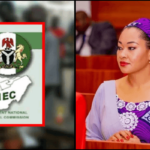
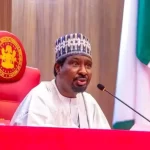
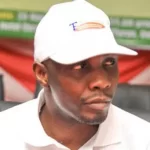

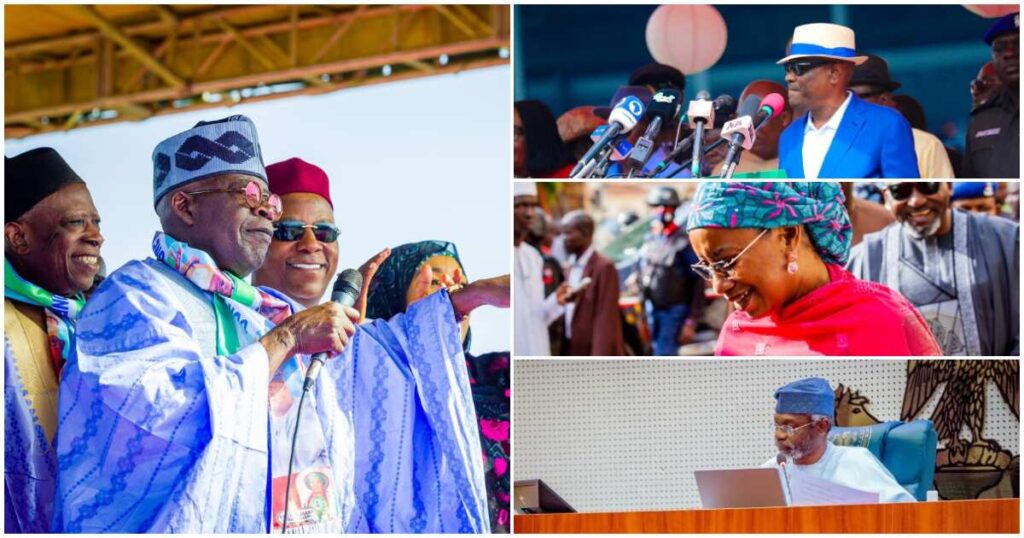
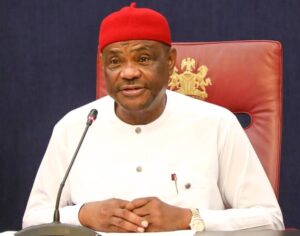
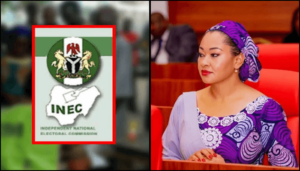
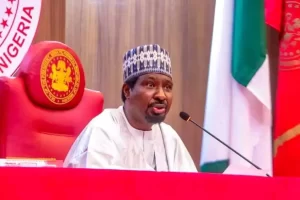
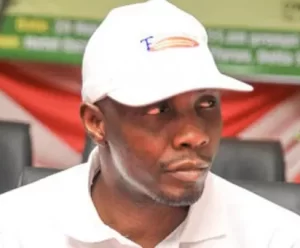
More Stories
Wike to critics: ‘I will live to sign condolence letters of those who said I collapsed’
INEC explains reason for abandoning recall of Senator Natasha
Uromi Killings: DSP Barau donates N16m to families of victims, reassures of justice